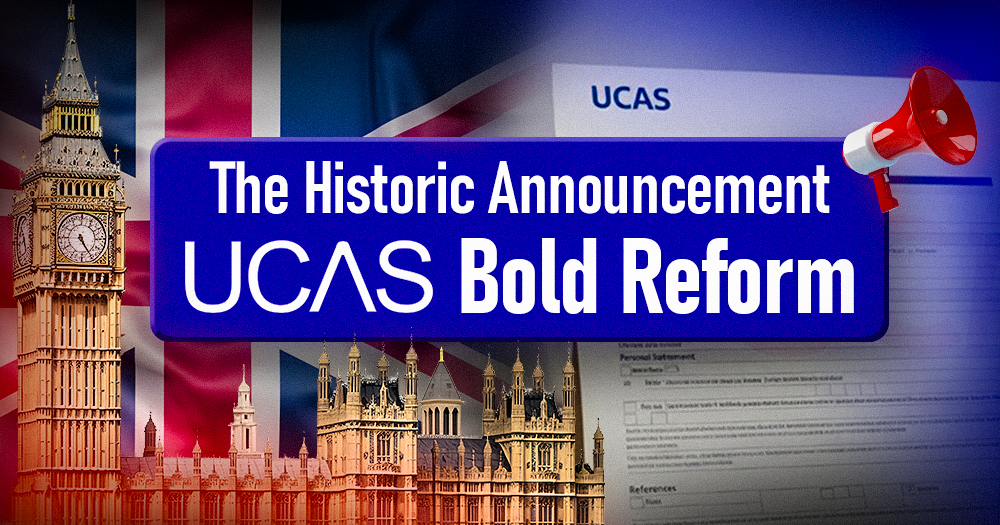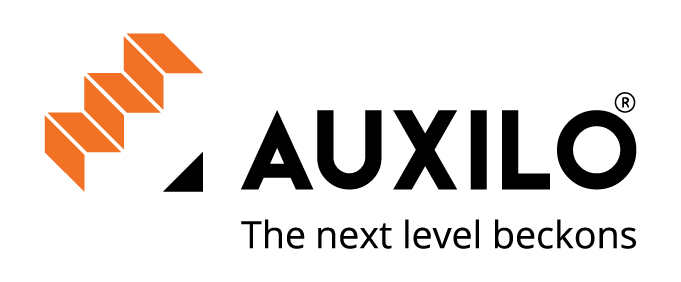On July 18, 2024, UCAS officially introduced the most significant change to UK university applications in decades: the complete restructuring of the personal statement format. From a daunting blank page to a structured, three-question framework designed to level the playing field for all applicants, this reform will fundamentally change how students tell their academic stories.
The announcement came after extensive research involving over 15,000 students and 700 teachers, revealing that 83% of students found the process too stressful and 79% found it too difficult without proper support. The London School of Economics and Political Science emphasizes: “The quality of an applicant’s personal statement is very important at LSE. The school does not interview for places, so this is an applicant’s only opportunity to demonstrate that they are a good fit for the course.”
Key Format Specifications:
-
- Total limit: 4,000 characters (including spaces) – unchanged
- Minimum requirement: 350 characters per question
- Flexible distribution: Students can allocate remaining characters based on their strengths
- Enhanced support: On-page guidance for each section
- Evidence-based responses with concrete examples
- Course-specific customization for different university applications
The Revolutionary Changes: Three Targeted Questions
Starting with Fall 2026 applications, the personal statement transforms the old free-from essay into questions that provide clear scaffolding for student responses:
Question 1: Why do you want to study this course or subject?
This question seeks to uncover genuine passion and informed decision-making. Unlike the US system where students can explore various subjects, UK students apply directly to specific majors they’ll study for three to four years. Universities need substantial evidence of commitment and understanding.
What Universities Want to See:
- Specific catalysts that sparked interest
- Deep understanding of course content and requirements
- Clear connection between personal interests and academic pursuit
- Informed decision-making about future direction
Essential Elements:
- Personal connection: What specifically drew you to this subject?
- Intellectual curiosity: How have you explored beyond classroom requirements?
- Future alignment: How does this course fit your career aspirations?
- Course research: Demonstrate knowledge of specific modules or teaching approaches
Strategic Tips:
- Reference specific books, lectures, or experiences that shaped your interest
- Connect personal experiences to academic theories
- Show progression in your understanding over time
- Avoid clichéd opening statements about lifelong passions
Question 2: How have your qualifications and studies prepared you for this course?
This focuses on academic readiness, highlighting how formal education has built the foundation for university-level study in the chosen field.
What Universities Evaluate:
- Relevant academic foundation and knowledge base
- Transferable skills developed through formal education
- Specific achievements that demonstrate capability
- Understanding of course requirements and demands
Success Strategies:
- Connect subjects to skills: Explain how specific courses developed relevant capabilities
- Highlight unique projects: Discuss research, competitions, or special programs
- Demonstrate application: Show how you’ve used theoretical knowledge practically
- Include achievements: Mention awards, leadership roles, or special recognition
Question 3: What else have you done to prepare outside of formal education, and why are these experiences useful?
This captures the broader preparation through work experience, volunteering, personal projects, and life experiences that demonstrate course-relevant skills.
What Universities Value:
- Practical application of academic interests
- Development of transferable skills through experience
- Personal growth and maturity demonstration
- Clear connection between activities and course relevance
Winning Techniques
- Open with impact: Start each section with a compelling, specific statement
- Build narrative coherence: Connect experiences logically within each question
- Avoid repetition: Use different examples across questions
- Close strategically: End sections by linking back to course suitability
- Active voice: Take ownership of experiences and achievements
- Specific examples: Replace general statements with concrete evidence
- Professional tone: Maintain academic appropriate language throughout
Looking Forward: The Future of Fair Admissions
This revolutionary change represents just the beginning of UCAS’s commitment to creating a more equitable, clearer and accessible admissions system. Rather than facing a blank page with uncertainty, you now have a clear roadmap to demonstrate your suitability for your chosen course.
The future of UK university admissions is here, and it’s designed to help you succeed. Embrace the structure, prepare thoughtfully, and let your unique academic journey shine through this new format.

































